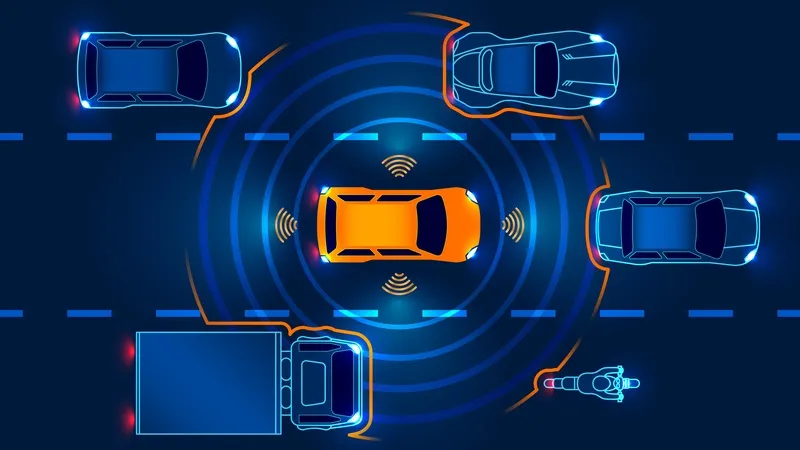
The coronavirus lockdown - and worries about infection from any form of shared transportation - will create a “lasting reduction in ridership of municipal bus and metro services”.
A rise in private car use is one of the key predictions of Bloomberg New Energy Finance’s Electric Vehicle Outlook 2020.
The logical consequences of greater volumes of traffic on the roads are an attendant decrease in air quality and more gridlock - with total kilometres travelled by road returning to 2019 levels "by 2023".
"The pandemic highlights the value people place on private car ownership during times of crisis," the report suggests. “This will lead to more traffic congestion in cities."
BloombergNEF’s fifth annual survey of the electric vehicle (EV) market says: “The next 20 years will bring significant changes as electrification, shared mobility, vehicle connectivity and, eventually, autonomous vehicles reshape automotive and freight markets around the world.”
Shared mobility operators "have also suffered, but will rebound quickly", the report continues. It suggests this recovery will be "on the back of food delivery, logistics and micromobility services".
EV sales in 2020 will fall “for the first time in the modern era” by 18% to 1.7 million, although China and Europe continue to lead, accounting for 72% of passenger EV sales by 2030, it predicts.
Global passenger vehicle sales as a whole are expected to plummet “an unprecedented 23%” this year, with no recovery to 2019 levels before 2025.
EVs’ current share of the passenger vehicle market is 3% but BloombergNEF expects this to rise to 7% in 2023, with sales around 5.4 million.
By 2025, the figure will be 10% of global passenger vehicle sales, rising to 28% in 2030 and 58% in 2040.
Autonomous vehicles will “begin to play a much larger role in the late 2030s”.










